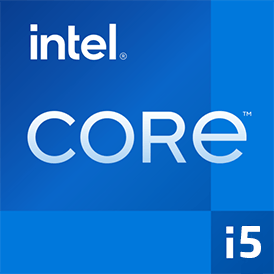

Which to select
What to choose and what is the difference between Intel Core i5-12400F and AMD Ryzen 7 3780U? Which processor is more powerful and faster to accomplish your task? The processor with the best specifications and a winner in benchmarks is your choice!
CPU generation and family
Processor nomenclature, family, group and segment.
CPU Cores and Base Frequency
What to choose Intel Core i5-12400F or AMD Ryzen 7 3780U? The greater the value of the characteristic (highlighted in green), the better.
Internal Graphics
The graphics chip allows the processor to perform complex calculation and display tasks. The more memory and the higher the clock frequency, the better. Determine the winner, who has the better chip? Intel Core i5-12400F or AMD Ryzen 7 3780U.
Hardware codec support
Technical information that will be of interest to specialists and does not affect the performance of the processor. It can be skipped in the comparison.
Memory & PCIe
The interfaces and standards of RAM that the processor supports. The more modern the standard and the larger the memory capacity, the better.
Memory & PCIe
Encryption
Data encryption standards supported by CPUs
Thermal Management
TDP is the maximum amount of heat generated by the processor. It is used when selecting a cooling system. The higher the TDP, the more heat the cooling system will have to dissipate.
Technical details
These are key parameters that will help you determine which CPU is better. Pay special attention to the release date, technological aspects of the manufacturing process (measured in nanometers), and the third-level cache (L3).
Devices using this processor
Devices that can use this type of processor, desktop or laptop.
Cinebench R11.5, 64bit (Single-Core)
Cinebench R11.5, 64bit (Multi-Core)
Geekbench 3, 64bit (Single-Core)
Geekbench 3, 64bit (Multi-Core)
Geekbench 5, 64bit (Single-Core)
iGPU - FP32 Performance (Single-precision GFLOPS)


















